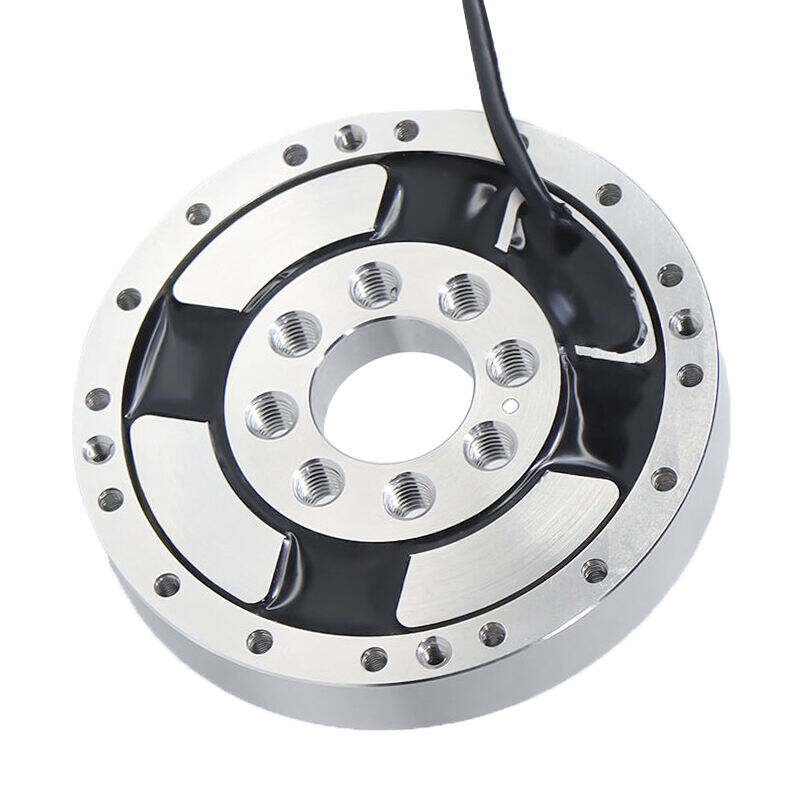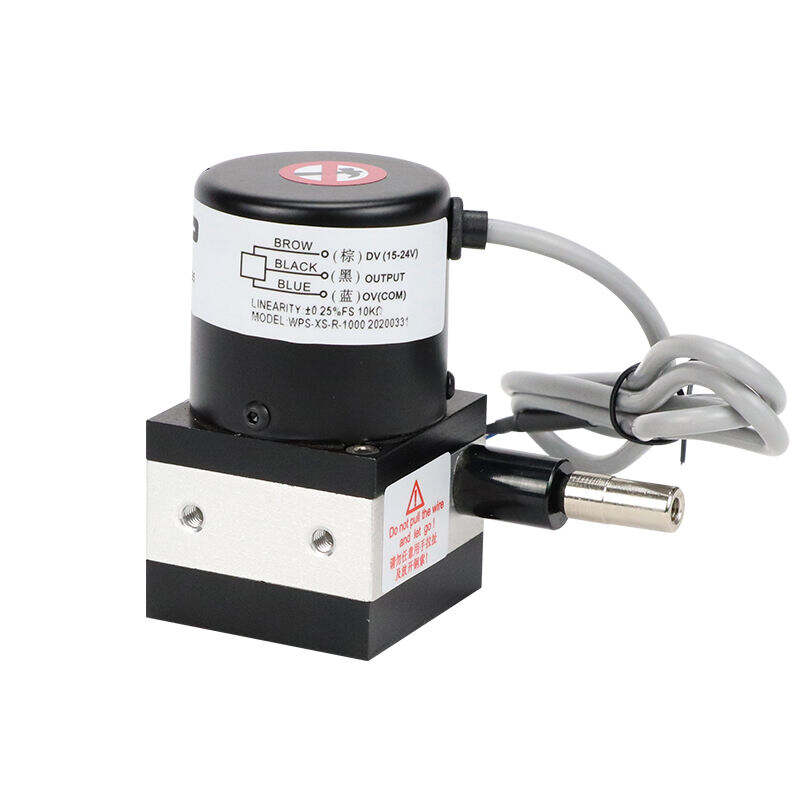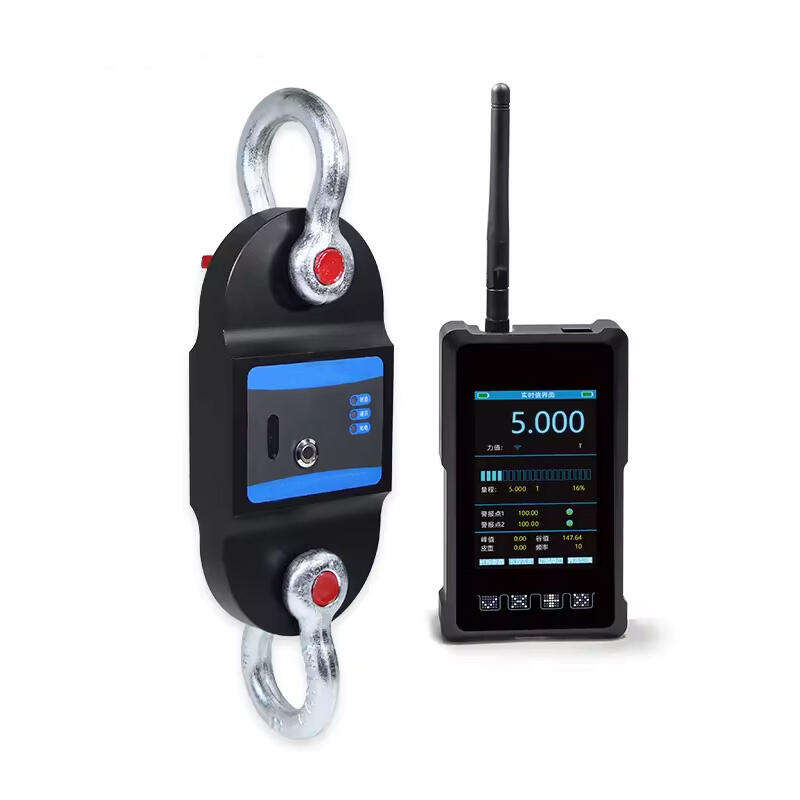Compressive load cell
A Compressive load cell is a precision measurement device designed to accurately detect and quantify compressive forces in various industrial and research applications. This sophisticated sensor transforms mechanical force into measurable electrical signals through strain gauge technology. Operating on the principle of elastic deformation, the load cell contains internal sensing elements that respond proportionally to applied pressure. The device typically features high-grade steel or alloy construction, ensuring durability and consistent performance under demanding conditions. When force is applied, the internal strain gauges undergo minute deformations, producing electrical resistance changes that are converted into precise digital readings. Modern Compressive load cells incorporate temperature compensation mechanisms and protective housings to maintain accuracy across different environmental conditions. These devices are essential in numerous industries, including manufacturing, materials testing, industrial weighing, and quality control processes. The load cells can measure forces ranging from a few newtons to several hundred tons, depending on their design and specifications. Their reliability and precision make them indispensable for applications requiring accurate force measurement, such as structural testing, automated assembly lines, and safety monitoring systems.


